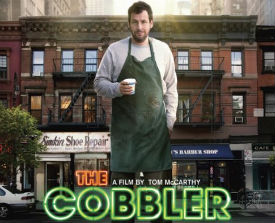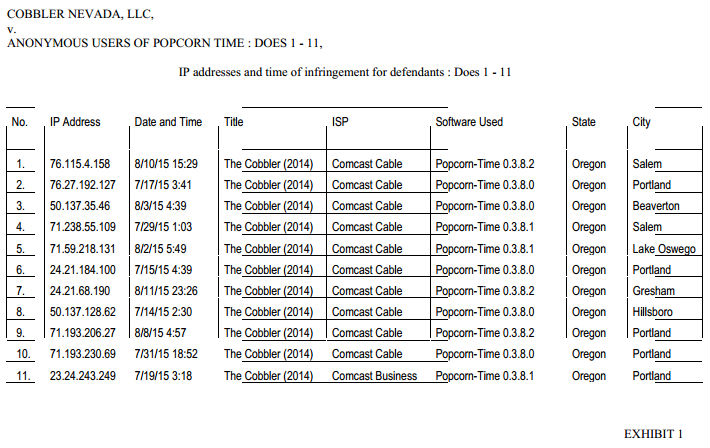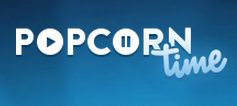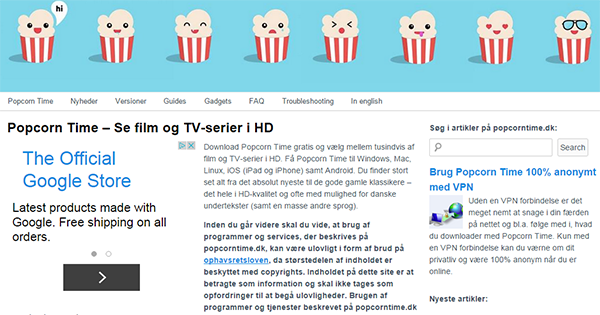Dallas Buyers Club Wants to Interrogate Suspected Pirates
jeudi 20 août 2015 à 19:42 The makers of Dallas Buyers Club have sued hundreds of BitTorrent users over the past year.
The makers of Dallas Buyers Club have sued hundreds of BitTorrent users over the past year.
Many of these cases end up being settled for an undisclosed amount. This usually happens after the filmmakers obtain the identity of the Internet account holder believed to have pirated the movie.
Not all alleged downloaders are eager to pay up though. In fact, many don’t respond to the settlement letters they receive or claim that someone else must have downloaded the film using their connection.
In a recent court filing (pdf) at a Washington District Court the filmmakers explain the efforts they undertake to ensure that the right person is accused. This includes gathering information from Facebook, LinkedIn and even Google Maps.
“Google address mapping and county records were investigated to confirm ownership/rental status of and residence at the property associated with the IP address, as well as observe the physical makeup and layout of the house and neighborhood to anticipate possible claims that a wireless signal was highjacked by someone outside of the residence,” the filmmakers explain.
The router security settings and download history of a specific connection are used as additional pieces of information to ensure that the alleged copyright infringements are systematic.
“Further, given the standard security measures imposed by ISPs to prevent unauthorized use of an IP address, the volume of piracy demonstrated over the extended observation period could not be the result of someone driving by, a temporary house guest or a hacker sitting in a car on the street.”
While the methods above are already quite invasive, Dallas Buyers Club now aims to take it up a notch.
In order to pinpoint the true pirates the movie studio wants to depose 15 account holders. This means that they will have to testify under oath for up to two hours and face a grilling from the studio’s legal team.
This is the first time that we’ve seen a request for a deposition in a Dallas Buyers Club case. Needless to say, a testimony under oath can be quite intimidating, and is highly unusual in these type of cases.
The account holders of IP-addresses linked to the pirated downloads have already been identified by the ISP. However, they failed to respond to the movie studio or denied that they had shared the film illegally.
Through a testimony under oath, the movie studio hopes to identify the true pirates, so they can be named in the lawsuit.
“DBC believes that further discovery is warranted to confirm which of any possible occupants of the physical address assigned the infringing IP address is the proper Doe defendant to be named in the case,” they note.
The filmmakers suspect that some of the subscribers are the actual infringers, but it’s possible that they’re covering for someone else, such as a roommate or spouse.
“A subscriber should not be allowed to shield, immunize and anonymize those they allow to use their Internet service from liability for intentional torts. The subscriber is the single best and perhaps only source of information as to the responsible party using its IP address.”
According to the filmmakers the depositions will result in a reduction of legal expenses while guaranteeing the anonymity of the defendants.
However, more critical observers may also note that it is an optimal tool to pressure ISP subscribers who choose to ignore settlement requests and other threats.
At the time of writing the court has yet to rule on the discovery request.
Source: TorrentFreak, for the latest info on copyright, file-sharing, torrent sites and ANONYMOUS VPN services.
 After being accused of doing little to stop piracy both on and offline, in 2009 Indonesia was placed on the USTR’s Priority Watch List for failing to protect US intellectual property rights.
After being accused of doing little to stop piracy both on and offline, in 2009 Indonesia was placed on the USTR’s Priority Watch List for failing to protect US intellectual property rights. Over the past several years hundreds of thousands of Internet subscribers
Over the past several years hundreds of thousands of Internet subscribers 

 In an effort to unmask file-sharers’ identities on behalf of clients including Warner Bros. and BMG, last year anti-piracy company Rightscorp began sending DMCA subpoenas to dozens of smaller ISPs in the United States.
In an effort to unmask file-sharers’ identities on behalf of clients including Warner Bros. and BMG, last year anti-piracy company Rightscorp began sending DMCA subpoenas to dozens of smaller ISPs in the United States. More than a year after its 2014 launch and the popularity of the now famous Popcorn Time video streaming application is showing no signs of fading away.
More than a year after its 2014 launch and the popularity of the now famous Popcorn Time video streaming application is showing no signs of fading away.